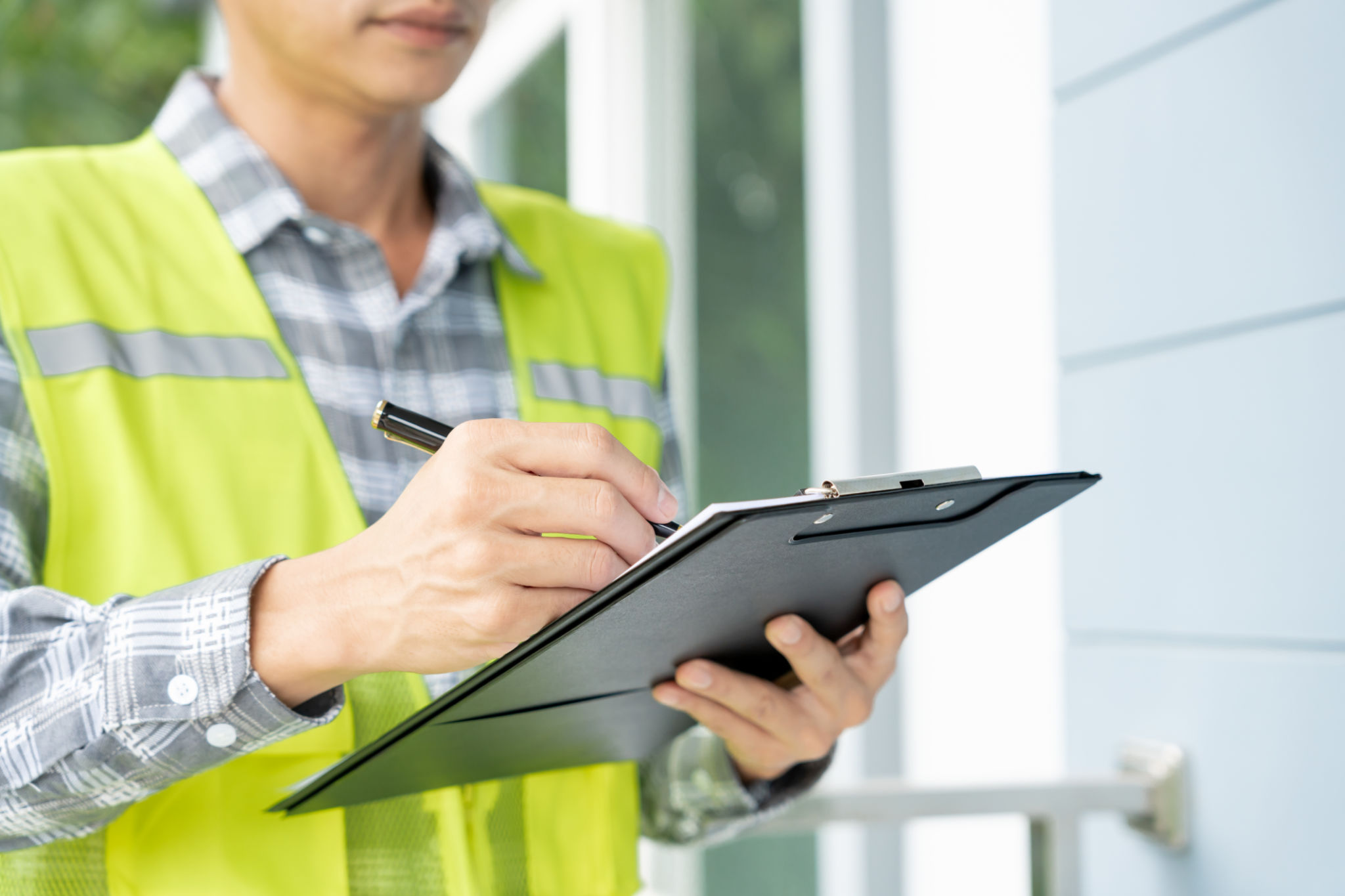DIY Tips for Cesspool Care: What You Can Do Before Calling the Pros
Understanding Your Cesspool
A cesspool is an underground container that collects and stores waste from your home. It plays a crucial role in managing household waste, especially in areas without access to municipal sewage systems. Regular maintenance is essential to keep your cesspool functioning properly and prevent costly repairs.

Recognizing Warning Signs
Before diving into DIY cesspool care, it's important to recognize the warning signs that indicate a problem. Some common indicators include:
- Slow draining sinks and toilets.
- Unpleasant odors around your yard.
- Water pooling on the lawn, especially over the cesspool area.
If you notice any of these signs, it might be time to take action before calling in professionals.
Regularly Inspect the Area
One of the simplest DIY tips for cesspool care is regular visual inspections. Check the area around your cesspool for any unusual signs, such as soggy ground or unusual plant growth. These might indicate leaks or overflow issues.

Maintain Proper Drainage
Ensuring proper drainage around your cesspool is crucial. Make sure that gutters and downspouts are directing water away from the cesspool area to prevent excess water from entering the system. This can help avoid overloading the cesspool, which can lead to backups and other issues.
Mind What You Flush
Your cesspool's health significantly depends on what goes down your drains. Avoid flushing non-biodegradable items, such as wipes, diapers, and feminine products, as these can clog the system. Additionally, minimize the use of harsh chemicals that could disrupt the natural bacteria essential for breaking down waste in the cesspool.

Conserve Water Usage
Excessive water usage can overwhelm your cesspool. Try to conserve water by fixing leaks promptly and using water-saving fixtures. Spacing out activities that require a lot of water, like laundry and dishwashing, can also help maintain optimal levels in your cesspool.
Regular Pumping Schedule
While some aspects of cesspool care can be managed on your own, regular pumping should still be scheduled with professionals. Depending on your household size and usage, cesspools typically require pumping every three to five years. Keeping a consistent schedule will help prevent overflow and maintain the system's efficiency.

Know When to Call the Experts
Despite your best DIY efforts, there will be times when professional intervention is necessary. If you've tried these tips and are still experiencing issues, or if you notice severe warning signs like sewage backups inside your home, it's time to contact a professional service to assess and address the problem.
Tackling basic cesspool maintenance yourself can extend the life of your system and save money in the long run. However, knowing when it's time to call in the experts is equally important to ensure your cesspool functions smoothly and effectively.